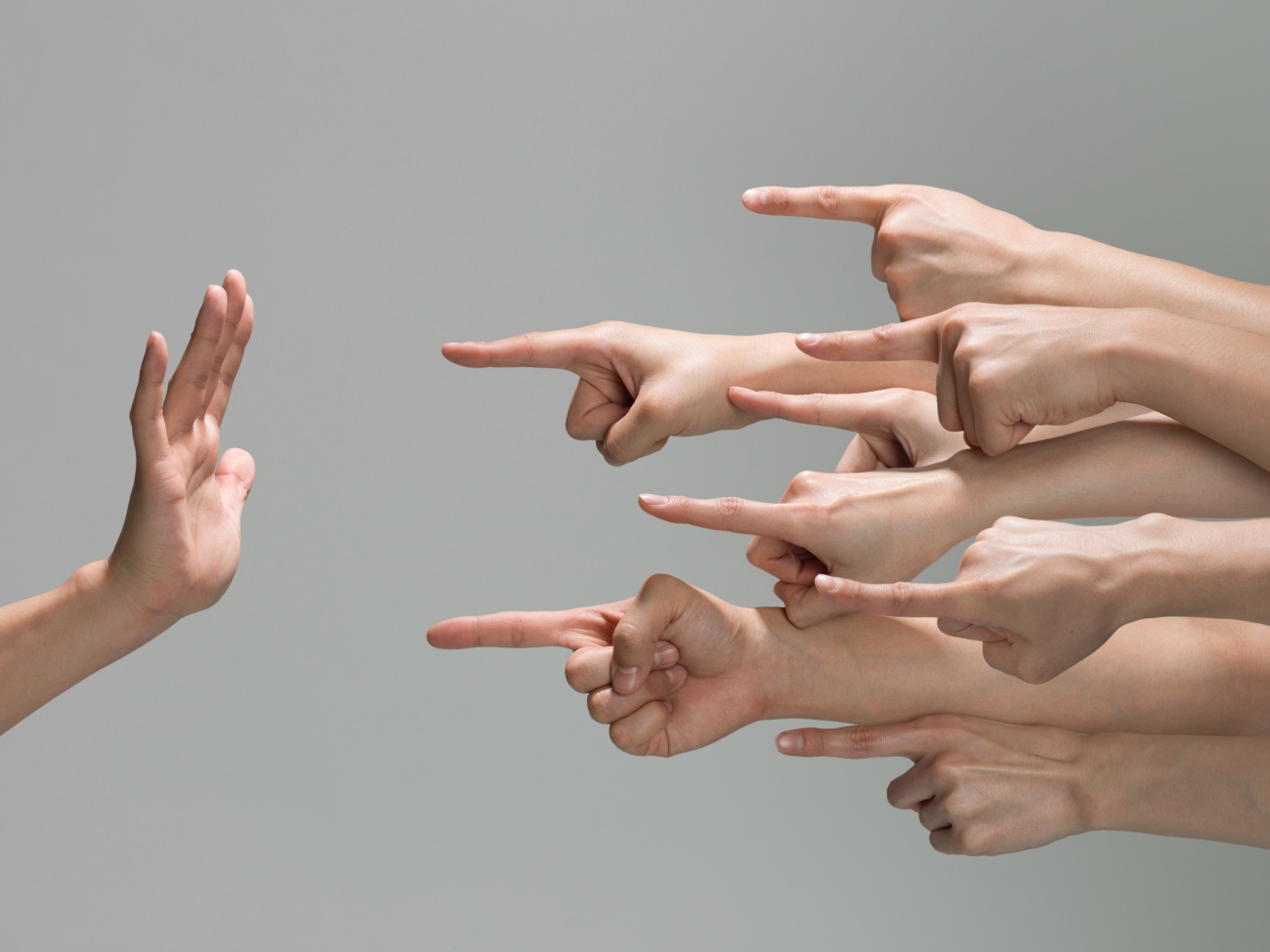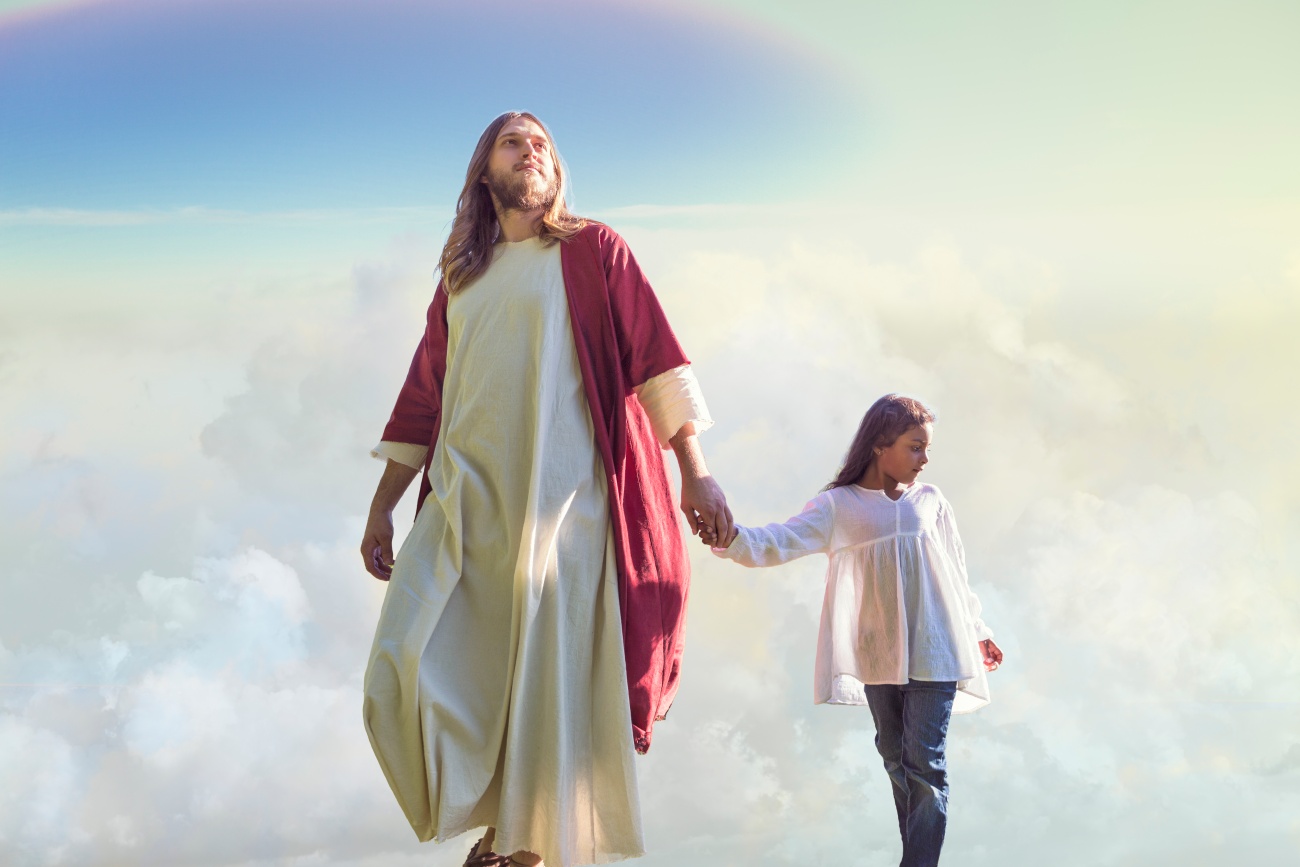In a culture that believes in and promotes things like fame and power above all else, the idea of being more like a little child does not sit well with most people. And, it seems, it has always been so. The problem of the ego and its offspring, overweening pride, is the consequence of Original Sin echoing down the ages since the Fall of Adam and Eve. Indeed, the question Jesus’ disciples bring up to him is rooted in their desires to measure or compare themselves to others. “Who is the greatest in the kingdom of heaven” (Mt. 18:1)?

Jesus, as always, takes this as an opportunity to teach an important lesson, a lesson that they needed to hear and that we still need to hear today. He calls a small child over and says to the disciples, “I tell you the truth, unless you change and become like little children, you will never enter the kingdom of heaven. Therefore, whoever humbles himself like this child is the greatest in the kingdom of heaven. And whoever receives one child such as this in my name receives me” (Mt. 18: 3-5).
When Jesus says, “I tell you the truth…,” it should cause us all to sit up and pay attention. Who is it that is speaking to them/us after all? It is the incarnate “I AM,” the very author of creation and the law. And he is the very model of what he preaches. A small child is a universal symbol of innocence and humility. The great virtue of children is their capacity for wonder, and their openness to things as they are. Their innocence is such that, for them, everything is a matter of wonder. They have no ego, and no need to compare themselves to others to determine their value or their identity with others. Adults lose that innocence along the way and often become very concerned with how they are seen and judged by others.

As adults, we often fall into what I will call here, the “comparison game.” It is the ego that drives this game and judges everything with the self. We either compare ourselves to others as “better than” them or “not as good as” them. Things like success, popularity, and power become our goals. The danger of the former is that we can begin to treat others as “less than,” or “not as important as,” or we no longer even think of others as worthy of our attention. We begin to see life as a “win, lose, or draw” proposition. The danger of the latter attitude is that we can become riven with anger, jealousies, resentments, and depression. This comparison game is very recognizable, isn’t it. And it is the source of all conflict and division at the personal level as well as the global level.

Jesus’ teaching here in Matthew 18:3 is as pertinent to we Christians today as it was to the disciples then. Jesus is challenging us to recognize the terrible temptations of the ego and its need to compare and to judge. This is why the metaphor of being more childlike is so important. Jesus’ words challenge us to humility, which is the antidote to the ego’s pridefulness. It is a challenge to turn away from the comparison game and useless cynicism. A child does not know the comparison game. It sees no distinctions, only wonder. A child is not naturally inclined to be prejudiced; that is something that is learned and becomes the source of all conflict and division. Children don’t start wars, adult egos do. To put it another way, a child naturally loves others as Jesus loves us (Jn 13:34). A child still sees as God sees. This is why we must be more like little children in order to enter the kingdom of heaven.
SKM: below-content placeholderWhizzco for FHB

